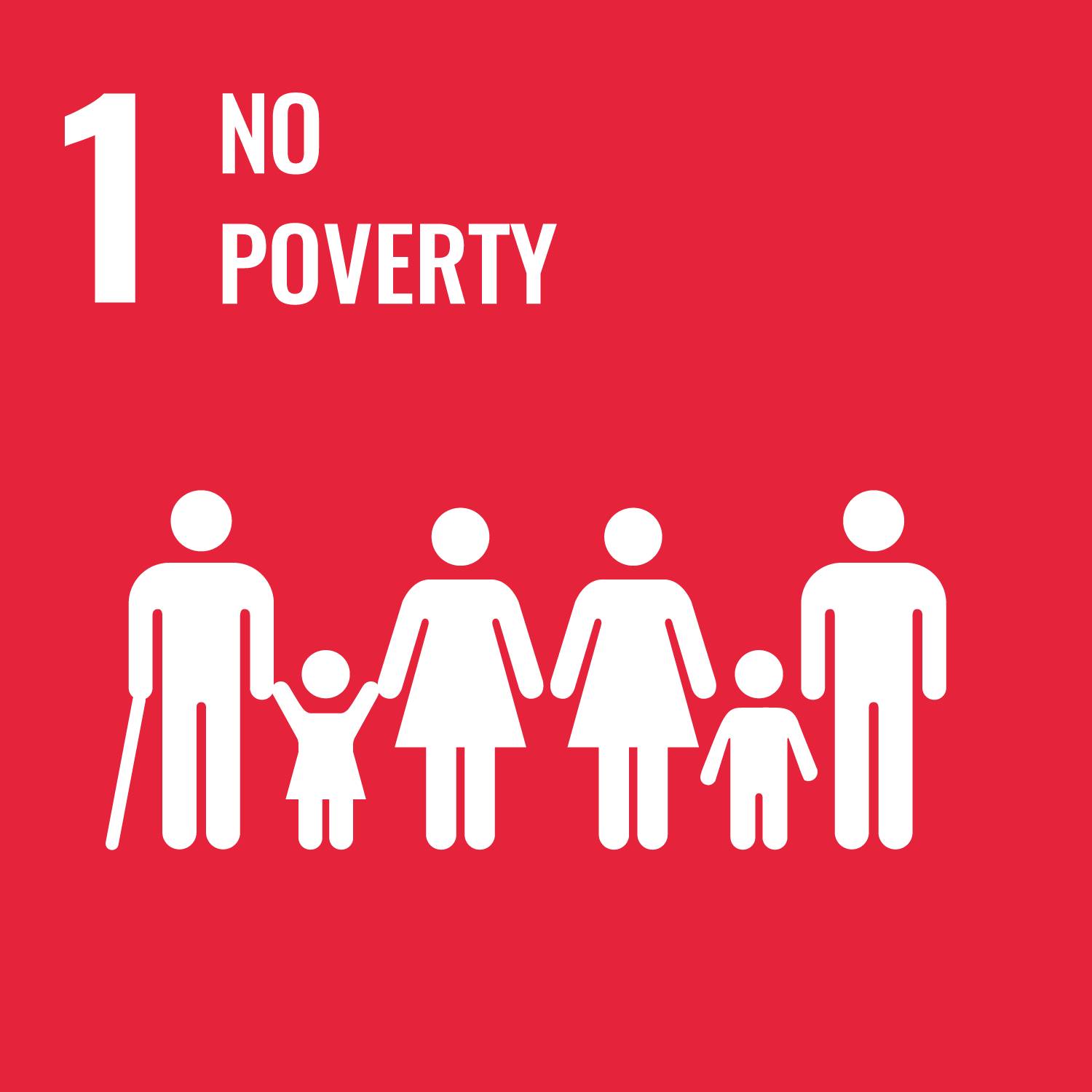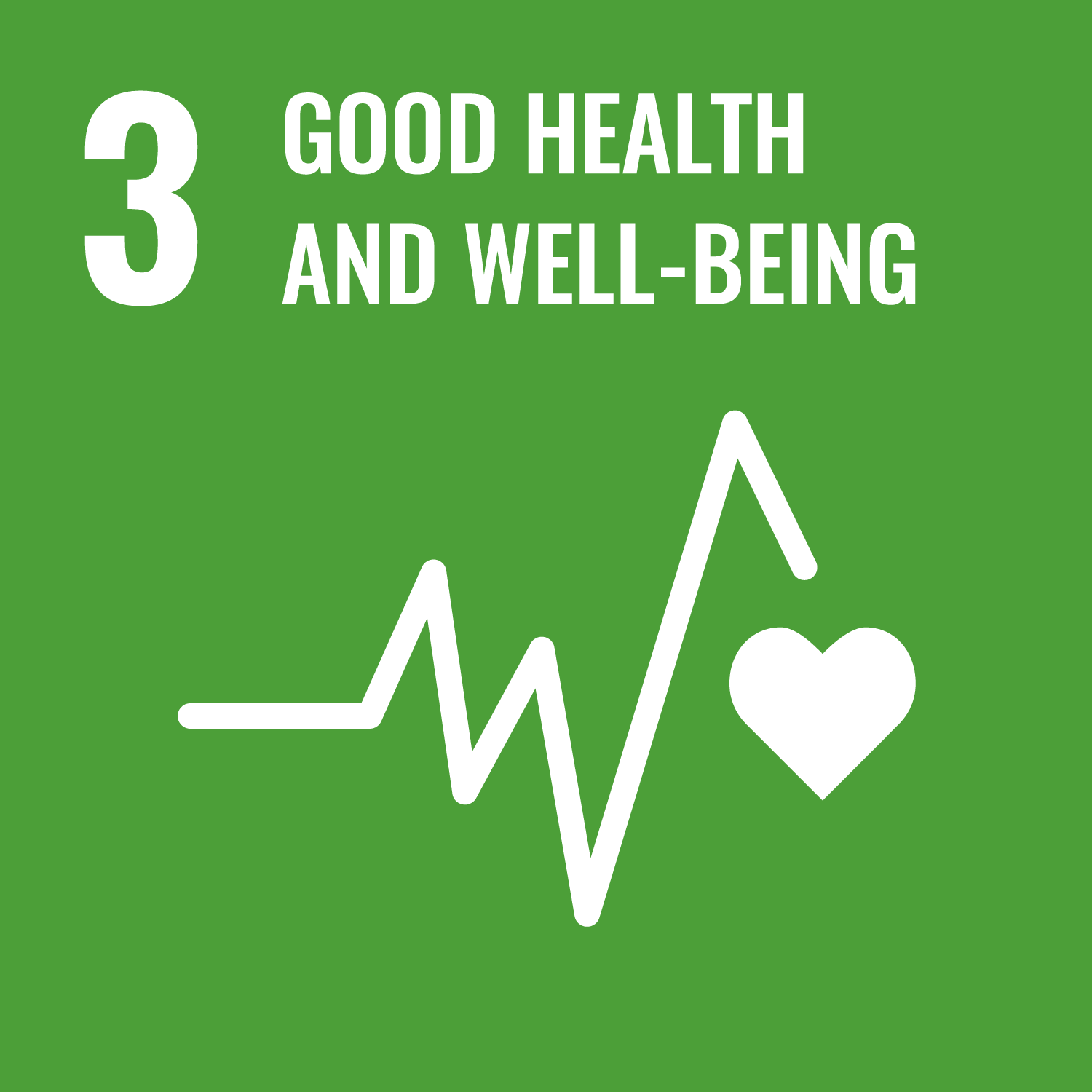Riska (she/her), a bisexual transpuan (another word for waria, akin to transgender woman) works as a property agent on the famous island of Gods, Bali. Apart from a property agent, she is an activist focusing on HIV/AIDS issues among Bali’s transpuan communities. Riska used to hide her bisexuality due to bullying she received from both heterosexual and the LGT communities. Her bisexuality is considered, bi-ngung-sexual – a play on words from “bi” for bisexual; and from bingung, an Indonesian word for “confused.”
As a bisexual person, why is bi-visibility important to you?
It is important so that there is no bullying and discrimination including from fellow LGT friends. Almost every time when I say that I am bisexual in SOGIESC workshops I have participated in, the other participants would laugh at me. Luckily the trainer immediately reminded them that what they were doing was a form of bullying. Another similar story, during a workshop, my roommate, a woman, was afraid sharing a room with me because I am interested in women and men. It really is starting from stigma which turns into bullying and discrimination and ends up being persecution. Therefore, as people are exposed more to bisexuality as being seen as a ‘normal’ part of human sexuality, maybe it will no longer be considered as strange. Therefore bi-visibility day is important to end stigma.
How did you become a LGBTIQ+ activist?
I am actually unsure if I deserve the title. But people think that I am an activist, so I guess I am. I started being an LGBTIQ+ activist when I saw a fellow transpuan who was very sick. Somehow nobody seemed to care about her condition. At that time, I did not know any doctor nor clinic that could support her. I talked to Mami Vinolia from Kebaya (Keluarga Besar Waria Yogyakarta, or Yogyakarta Transgender Family) about the situation. She suggested that I take my friend to a clinic called Bali Medika. Long story short, my friend was HIV positive. I supported her psychologically – she was really upset. I stayed by her side during her treatment. My actions were acknowledged by Gaya Dewata Foundation. I was offered to be a member of their staff, but unfortunately I wasn’t able to accept it. Therefore, instead of being a staff, Gaya Dewata Foundation trained me to be a PE (Peer Educator) instead. I guess I have been doing a great job as a PE because the UNAIDS Country Director for Indonesia Tina Boonto sent me a message asking to meet in Bali for a discussion in October 2019. The following month, I received an assignment from Tina Boonto to coordinate the Transpuan Network Consolidation Meeting in Jakarta which involved nine transpuans from various LGBTIQ+ organisations in Bali and Java.
What inspires you to advocate for social change?
We transpuan are not thieves, not criminals. We are not against the state, so there’s no reason to be considered as second-class citizens. We are considered to be social women–so why not just consider us as women? It’s as simple as that. If there are transpuans who commit a crime, then punish them for what they have done, not the whole transpun community. That’s how the media writes about us, which can be stigmatising. The media doesn’t mention someone’s sexual orientation or gender identity whenever a heterosexual cisgender person commit a crime, however, when it is a transpuan, the media seems to highlight our gender identity as if it was part of the cause why someone commits a crime. In this way we are targeted.
How long have you been involved in this work?
I moved to Bali ten years ago. So, I think I have been involved in the activism for around 5 years. I think I got to where I am now pretty quickly because I took a shortcut, in the sense that I approached the leaders of transpuan communities. Seniority in the communities still plays a big role. By working with the leaders to have a shared understanding, means it’s so much easier for the other transpuans to work with you.
If there was one change that you would like to see for LGBTIQ+ people, what would that change be?
What I want is very simple and not extravagant. I just want the elimination of discrimination and LGBTIQ+ friends to be considered part of the society. I believe that is the most important start so that LGBTIQ+ friends can focus on their jobs and their livelihoods. Other things such as same-sex marriage and others will be a consequence of the elimination of discrimination.
What are ways can humanitarian and development organisations support the inclusion of bisexual people?
I think bisexual people are the most closeted people compared to other sexual minority groups. They are considered the “anomaly” of the “anomalies”. They raise many people’s eyebrows even from the LGT communities. When a bisexual man brings another man, they are seen as gay; when he brings a woman, people see him as straight. This situation sort of hides them into only two categories: homosexual and heterosexual, and that makes them unseen. Therefore, bi-visibility day is very important to give more exposure to people so that people know that bisexuality is real and it is not just a phase in someone’s sexuality.
Thus related to the question, the most important thing humanitarian and development organisations must do to support the inclusion of bisexual people is acknowledging their existence. It can be done by making sure bisexual people are included in data aggregation.
What are some of the challenges you face in advocating for more inclusion of LGBTIQ+ people?
I still see people startle when they find out that the person who applies for a job turns out to be of a different gender than what is shown on the ID card. I once accompanied a friend, a transpuan, to a job interview. The interviewer rejected my friend because she was looking different than on her ID card. That situation discourages a lot of transpuans to even apply for a formal job. They just surrender to the situation. When that happens, I cannot do much.
What is next in your activism?
There are two things. I would love to see an organisation that doesn’t just focus on health – I think it is time for us to do something else other than health – but also on education; giving hard skills to transpuans so that they can have a social capital. We have seen NGOs giving money to transpuans, but that is unsustainable.
I also once visited several public health centres and hospitals that have STI/VCT services in Bali. I took note the address of the clinics, the work hours, the cost, etc, and I put that information on Facebook with the photos of the clinics. I did it without any financial support from anyone. I purely wanted to inform my friends so that they know where to get tests or support when they need one. However, due to financial limitations, I have stopped that. I made it to only visit around 18 clinics. I intend to continue that one day.








